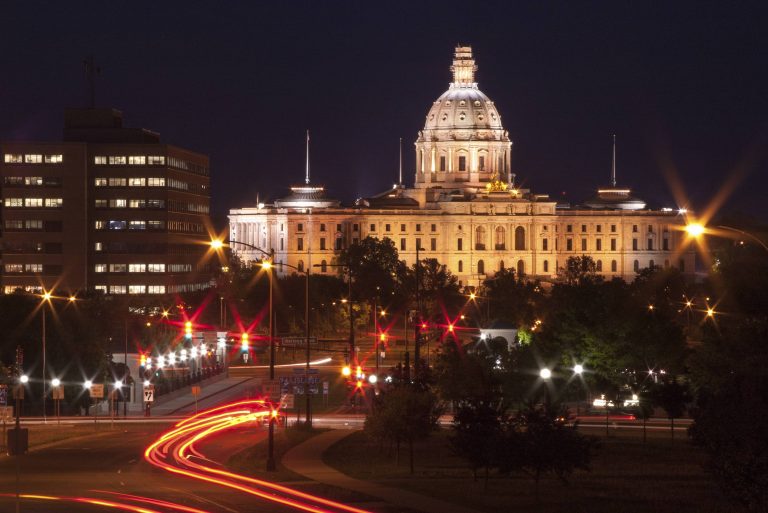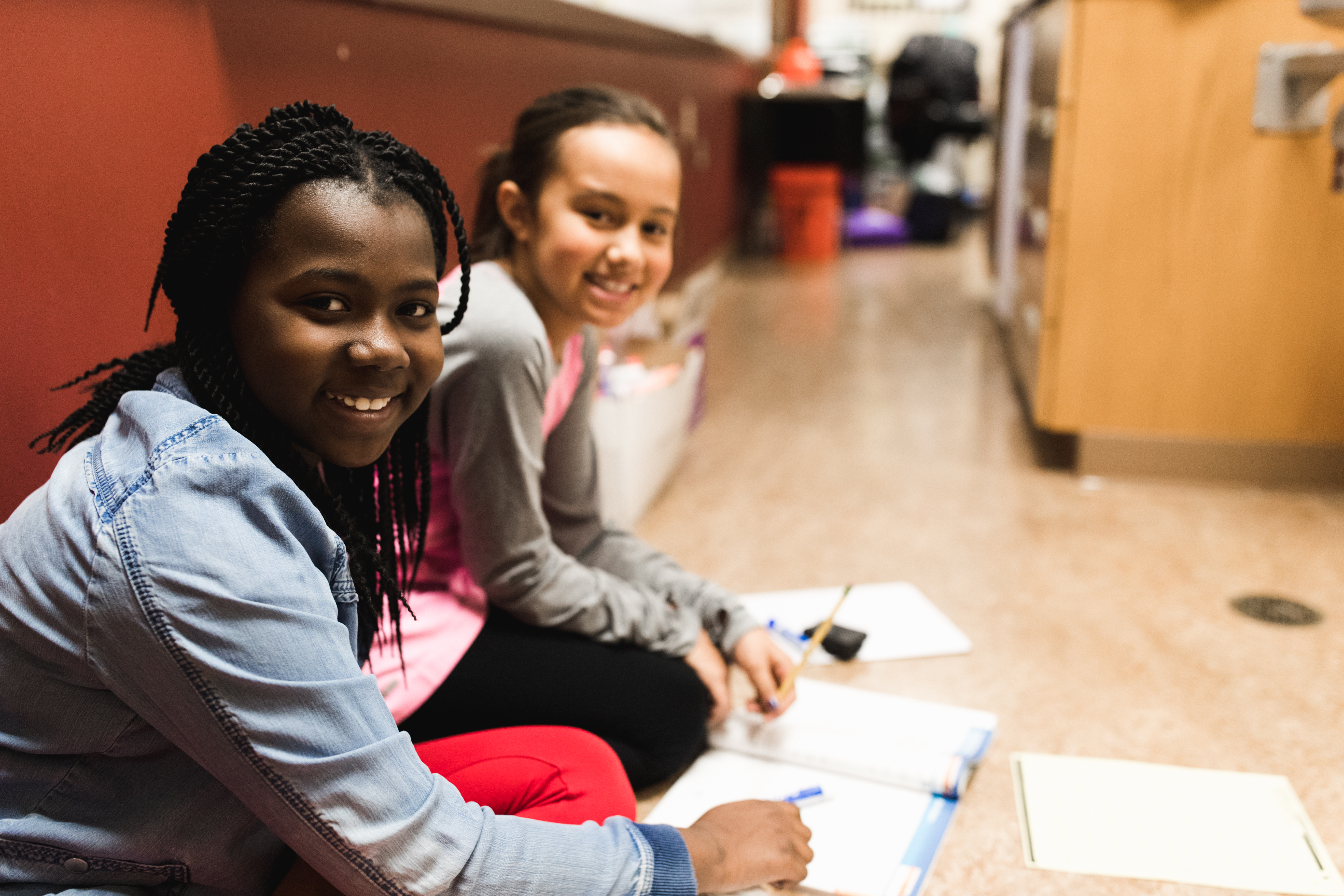The November elections still seem far off, but for candidates running, this summer has been a busy time of organizing campaigns, door knocking, attending parades and other community events, in addition to fundraising. Successful candidates have laid the groundwork early in summer for their fall ‘get out the vote’ efforts. However, before they get to the November contest, many candidates must get through tomorrow’s primary election. The primary will clear the field and allow the political parties and remaining candidates to refocus their efforts on the November election.
The two urban congressional districts have interesting primaries where incumbents Ilhan Omar (CD 5 Minneapolis) and Betty McCullum (CD 4 St. Paul) face challengers. Most expect the incumbents to win despite a fair amount of noise and activity from their challengers. Across the state, and looking at state Senate primary races in particular, tomorrow’s primary results may provide some insights into grassroots energy and any particular shift to the political right or left on the horizon. As your MREA advocacy team looks at previous legislative champions departing this year, we’re keeping our eyes and ears open for who the next slate of education policy makers will be.
Education Impact – Vouchers?
There’s a lot at stake for education in Minnesota with all constitutional officers and all 201 state House and Senate seats on the ballot. The race for Governor between incumbent Tim Walz and GOP challenger Scott Jensen will have the biggest impact on public school systems going forward. Governors set the tone on budget priorities and sign or veto budget bills that land on their desk. Governors have the bully pulpit to argue for new policy directions and they have control over the state’s administration and agencies. The legislature is a great counterbalance to executive authority in our system of government, but in many ways legislative assemblies react to the initiatives of the Governor. If Minnesotans continue to send different political majorities to the state House and Senate, that’s where policy changes become extremely difficult, which for local control of public schools isn’t necessarily a bad thing. However, divided legislative assemblies makes the budget process very difficult, sometimes requiring additional time in special sessions to get a new two-year operating budget in place.
The primary elections could impact the education debate if we see several incumbent GOP members lose and a harder push to the right materializes. Rep. Steve Drazkowski is on his way into the state Senate, and he has announced plans to introduce a “Minnesota Education Freedom Act,” modeled after a recently enacted Arizona universal school choice bill. The bill would make Minnesota the second state to support tax dollars following the student. The bill would direct the basic formula allowance, about $6,700/pupil, for parents to decide the type of school that best fits their child, whether it is a public school, private school, charter school, or home-based school.
Special Session?
Governor Walz wants to call the legislature back into a special session and put his budget plan for schools and public safety back on the table. Republicans hope to make Public Safety the Achille’s heel for Walz this November, so they remain cool to the idea of coming back into a special session to debate an issue they believe they have the upper hand on. Campaign season and governing season are separate for a good reason – it’s hard to do both at the same time. With the close of the regular session last May and a budget in place until June 30, 2023, odds are against a special session coming together at some point this year.
State Budget
In addition to who’s in the Governor’s office, the state budget has the biggest impact on public education. The vast majority of a Minnesota school district budget comes from the state’s general fund. Right now, the state is flush with cash, and we expect to see a large number, north of $10 billion available for the new two-year budget period when the November budget forecast is released. The bigger question is where the economy is headed as we continue to climb out of the pandemic and the Fed grapples with inflation through higher interest rates. The November budget forecast could be a mixed bag, showing a large pile up of cash, but sluggish growth, perhaps a recession, into the fiscal quarters beyond the current budget cycle.





